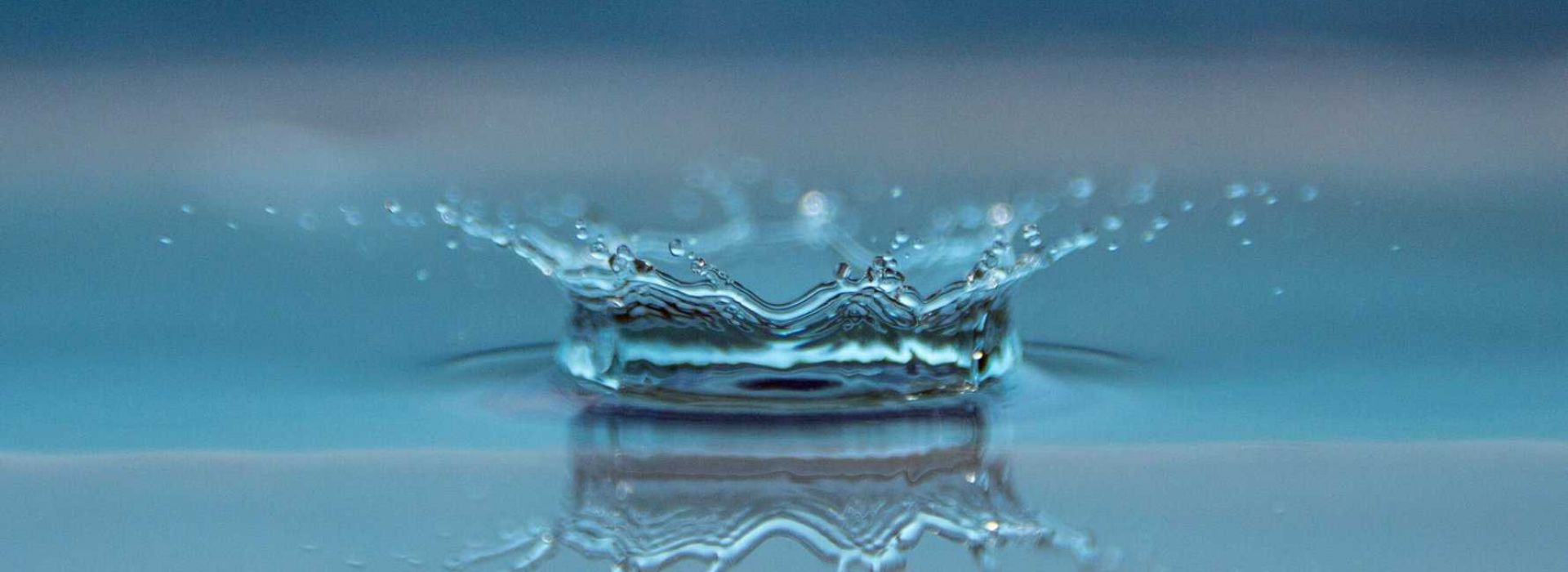The Importance of Staying Hydrated in Recovery

Staying hydrated is important for addiction recovery because it helps to replenish fluids that are lost through sweat, urine, and other bodily fluids. When you are dehydrated, your body doesn’t have enough fluid to function properly, which can lead to a variety of negative health effects.
Some signs that you may be dehydrated include thirst, dry mouth, dark yellow urine, fatigue, and dizziness. To stay hydrated during recovery, it’s important to drink plenty of water and other hydrating fluids, such as sports drinks, broth, and fruit juice. You can also get fluids from foods, such as fruits and vegetables, that have a high water content. It’s a good idea to carry a water bottle with you and drink from it regularly throughout the day to make sure you are getting enough fluids.
The Importance of Drinking Water in Addiction Recovery
It is so important to drink plenty of water in addiction recovery. Dehydration can cause a variety of negative health effects, and it can also exacerbate symptoms of withdrawal and make the recovery process more difficult.
During addiction recovery, your body may be going through significant changes and may be using more fluids than usual. In addition, certain substances, such as alcohol, can cause dehydration. Therefore, it’s important to make sure you are getting enough fluids to support your body’s recovery.
To stay hydrated in addiction recovery, it’s important to drink plenty of water and other hydrating fluids. You can also get fluids from foods, such as fruits and vegetables, that have a high water content. It’s a good idea to carry a water bottle with you and drink from it regularly throughout the day to make sure you are getting enough fluids.
It’s also a good idea to avoid drinks that can contribute to dehydration, such as caffeine. These substances can interfere with your body’s ability to retain fluids and may make it more difficult for you to stay hydrated.
Hydration and Mental Health
Staying hydrated can potentially have a positive impact on your mental health. Dehydration can cause a variety of physical symptoms, such as fatigue, dizziness, and headache, which can affect your mood and overall sense of well-being. When you are dehydrated, you may feel irritable, anxious, or depressed, which can negatively impact your mental health.
On the other hand, when you are well-hydrated, you are more likely to feel alert and energized, which can contribute to better mental health. Adequate hydration can also support cognitive function, such as memory and concentration, which can be beneficial for mental health.
In addition, staying hydrated can help to regulate your body’s functions, including those related to stress and mood. For example, the hormone cortisol, which is involved in the body’s stress response, is regulated by fluid balance. When you are dehydrated, your body may produce more cortisol, which can contribute to feelings of stress and anxiety.
Overall, staying hydrated is important for maintaining good physical and mental health. It’s a good idea to drink plenty of water and other hydrating fluids, such as sports drinks, broth, and fruit juice, and to get fluids from foods, such as fruits and vegetables, that have a high water content.
Tips for Drinking More Water
- Keep a water bottle with you: Having a water bottle with you at all times can remind you to drink more water. You can also use a straw or a sports cap to make it easier to drink from.
- Drink water when you feel hungry: Sometimes thirst can be mistaken for hunger. If you are feeling hungry, try drinking a glass of water before reaching for a snack.
- Drink a glass of water first thing in the morning: Start your day off by drinking a glass of water to get your body hydrated.
- Drink water before, during, and after physical activity: Exercise can cause you to sweat, which means you need to replace lost fluids. Make sure to drink water before, during, and after physical activity to stay hydrated.
- Eat foods with a high water content: In addition to drinking fluids, you can get water from the foods you eat. Fruits and vegetables, such as watermelon, cucumbers, and oranges, are good sources of hydration.
- Drink flavored water or add some flavor to your water: If you don’t like the taste of plain water, try adding a slice of lemon, lime, or cucumber to give it some flavor. You can also try flavored water or electrolyte replacement drinks.
- Set reminders: Use a phone app or set an alarm on your phone to remind you to drink water throughout the day.
By incorporating these habits into your daily routine, you can increase your water intake and stay hydrated.To learn more about holistic recovery from addiction, contact us for a free consultation.

